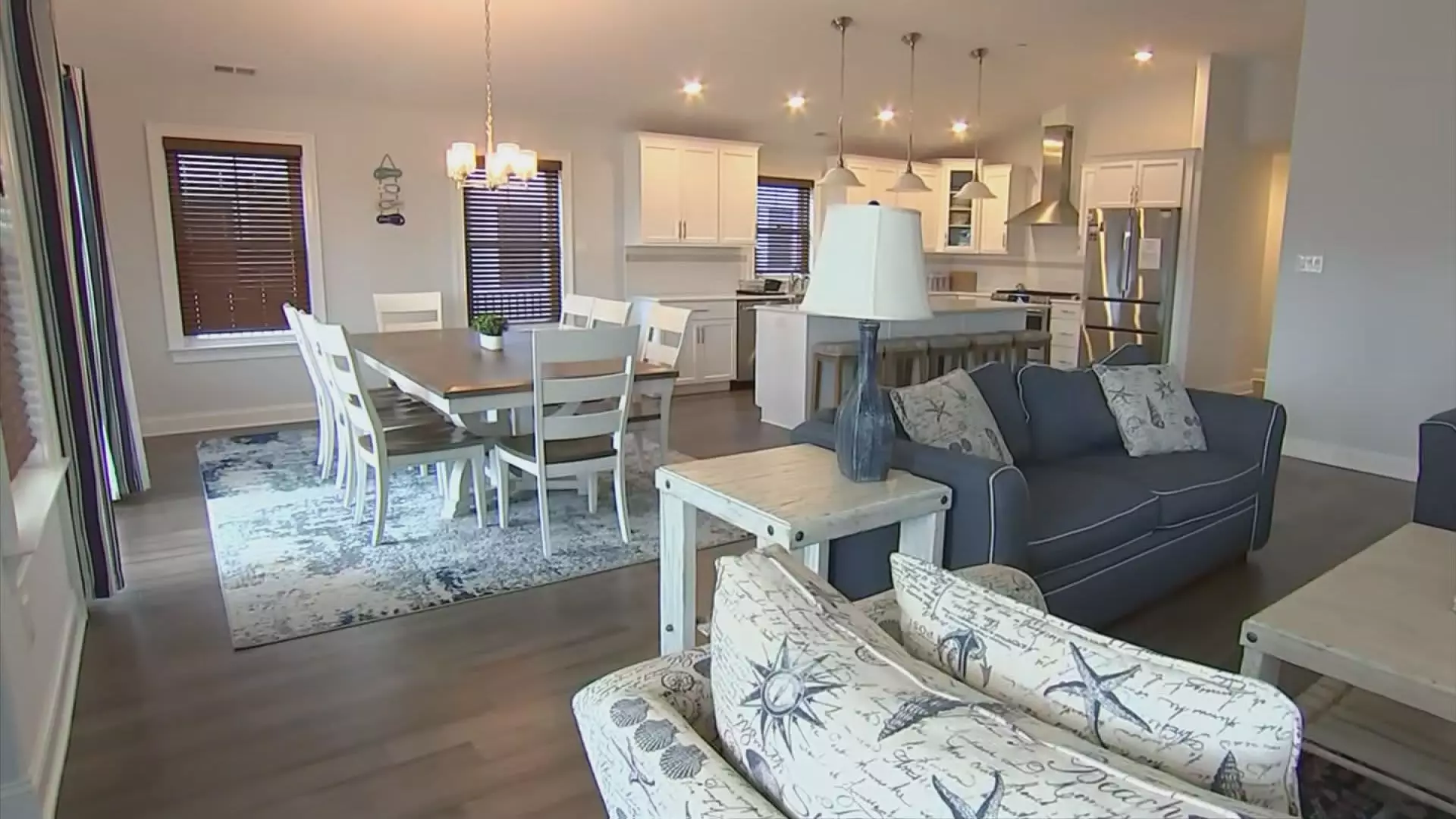In a time where the housing market is incredibly competitive and prices are skyrocketing, Pacaso, a luxury vacation home co-ownership platform, is making waves by redefining the concept of second home ownership. Launched in 2020 with multimillion-dollar homes available for co-ownership, Pacaso is now introducing a wider range of listings with share prices starting as low as $200,000. This shift is aimed at making ownership more accessible to the masses, allowing individuals to own a fraction of a high-end property without the hefty price tag associated with purchasing an entire home.
Changing the Landscape of Home Ownership
Pacaso offers shares of vacation homes, typically an eighth but sometimes larger shares, and simplifies the purchase process by providing financing if needed. The company takes care of furnishing and managing the properties, ensuring that co-owners have a seamless experience. Additionally, Pacaso utilizes an app to allocate ownership time among co-owners, making it convenient for individuals to enjoy their property without any hassles. By owning a fraction of a property, individuals can access luxurious homes that would otherwise be out of reach due to the soaring home prices and interest rates in today’s market.
Unlike traditional timeshares where consumers purchase time rather than property, Pacaso offers co-owners the opportunity to benefit from the appreciation of the property’s value over time. According to Austin Allison, co-founder and CEO of Pacaso, owners who have resold their shares have experienced approximately 10% appreciation above the initial purchase price of the home. This demonstrates the potential for co-owners to not only enjoy their vacation home but also reap financial rewards as the property’s value increases. Wealthier buyers have been investing in ski homes in Colorado and beach homes in Hawaii through Pacaso, highlighting the appeal of this co-ownership model.
Challenges and Controversies
Despite its success, Pacaso has faced backlash from some communities, with critics comparing it to an amplified version of Airbnb. Opponents argue that Pacaso disrupts the dynamics of neighborhoods and challenges local regulations. For instance, residents of Sonoma, California, have passed an ordinance prohibiting Pacaso from operating in the city, signifying the resistance the platform has encountered in certain areas. In response, Pacaso has emphasized its commitment to working with policymakers and educating them on the benefits of their co-ownership model in hopes of overcoming these challenges.
In addition to its vacation home offerings, Pacaso is expanding its services to assist primary homebuyers in accessing the co-ownership model. With approximately one-fifth of primary homebuyers last year purchasing homes with a friend or relative, there is a growing trend towards shared ownership as a means of achieving homeownership. This shift underscores the versatility of Pacaso’s model, which extends beyond vacation properties to meet the evolving needs of individuals looking to enter the real estate market.
Overall, Pacaso’s innovative approach to co-ownership is reshaping the landscape of second home ownership, providing individuals with a more accessible and flexible path to owning luxury properties. While facing challenges and controversies along the way, Pacaso continues to adapt and expand its offerings, catering to a diverse range of individuals seeking to invest in real estate. As the market evolves and demands change, Pacaso remains at the forefront of revolutionizing the concept of property ownership in the modern era.

